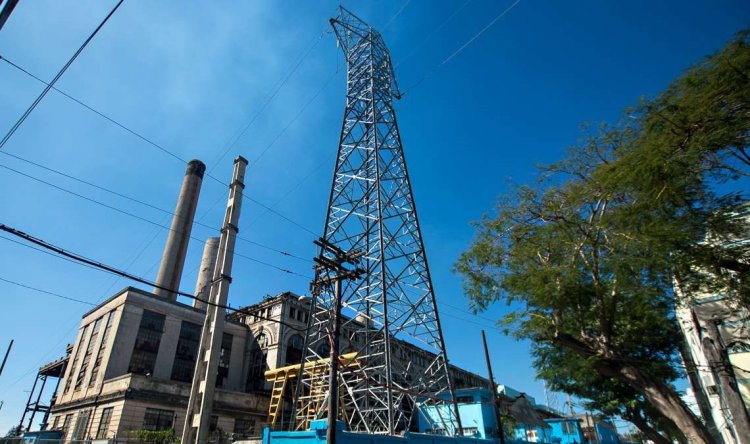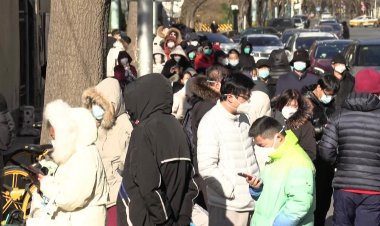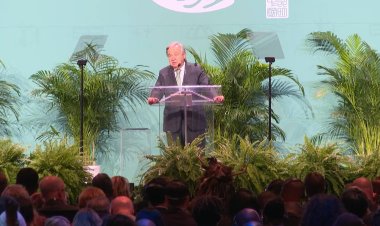Cuban Protests Erupt Over Shortages

Cubans staged rare street protests over food and electricity shortages as the island suffered long outages that left some areas without power for up to 14 hours a day.
Social media platforms were filled with images of protests in Santiago de Cuba, a city of 510,000 people. There were also images of protests in another large city, Bayamo.
Unprecedented mass anti-government protests by citizens clamoring for food and greater freedoms amid deep economic and social woes in communist Cuba in July 2021 were forcefully put down.
Nearly 500 protesters were sentenced to prison terms of up to 25 years, according to the authorities, on charges including sedition.
Cuba has been experiencing a wave of blackouts since the start of March due to maintenance works on the Antonio Guiteras thermoelectric plant, the island's largest.
The situation was worsened at the weekend by a shortage of fuel needed to generate electricity.
The outages left areas such as Santiago de Cuba without power for up to 14 hours a day.
Cuba's power comes from eight old thermoelectric power plants, generators and eight floating electricity plants leased from Turkey, which were also affected by the fuel shortage.
The cash-strapped island nation imposed a more-than 400 percent fuel price hike this month as part of an economic recovery plan.
The nation of 11 million is experiencing its worst economic crisis since the collapse of the Soviet bloc in the 1990s due to fallout from the coronavirus pandemic, the recent tightening of US sanctions and structural weaknesses in the economy.
According to official estimates, the Cuban economy shrank by two percent in 2023, while inflation reached 30 percent. Independent experts say this is likely an underestimation.
There are chronic shortages of fuel and other necessities and the government subsidizes almost all of the goods and services consumed by Cubans.















